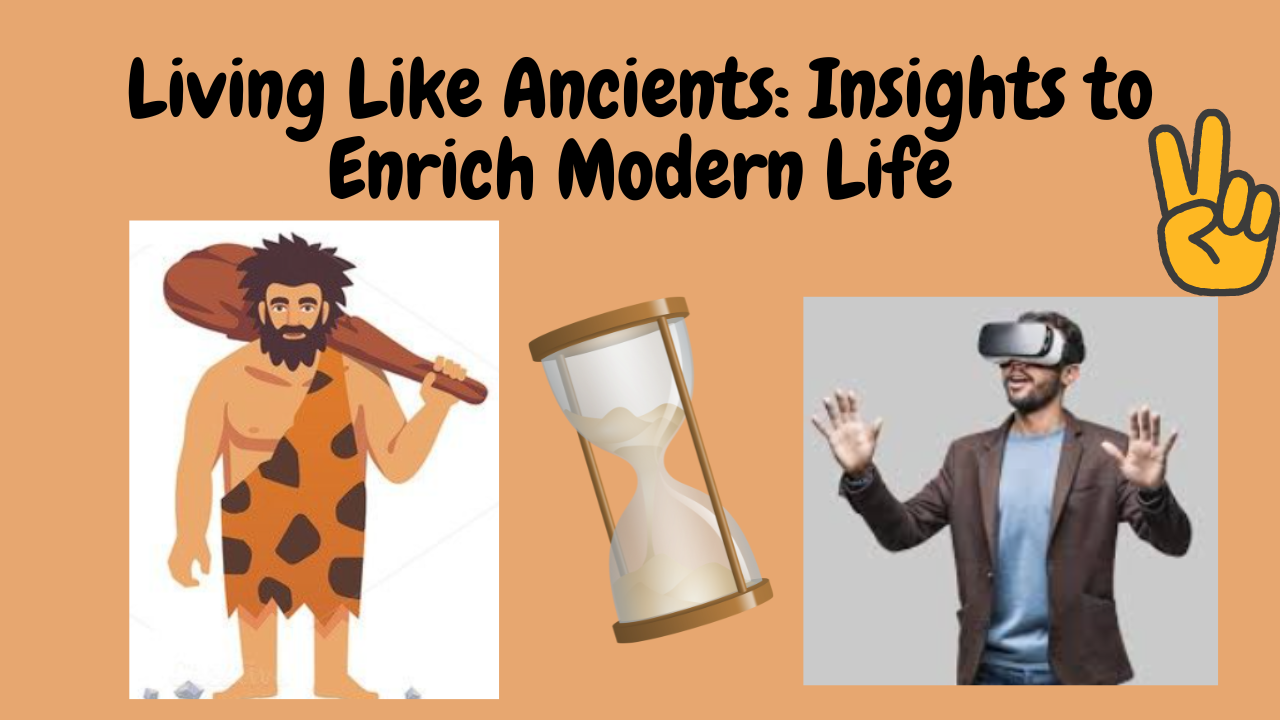The Dawn of Agriculture: A Transformational Shift
The discovery of farming marked one of the most significant turning points in human history. Prior to this, humans were primarily nomadic hunter-gatherers, constantly on the move in search of food. With the advent of agriculture around 10,000 years ago, humans began to settle down, forming the foundations of modern civilization.
Daily Life in Ancient Farming Communities
1. Settlements and Communities:
- Permanent Homes: The shift from nomadic to settled life meant building permanent structures. Early farming communities constructed simple homes from mud, wood, and stone.
- Community Living: Villages formed, fostering a sense of community and cooperation among people. Social structures and roles became more defined.
2. Food Production and Storage:
- Crop Cultivation: People started growing crops like wheat, barley, rice, and maize. This reliable food source reduced the uncertainties of hunting and gathering.
- Domestication of Animals: Animals such as cows, sheep, and goats were domesticated for milk, meat, and labor.
- Food Storage: Surplus food led to the development of storage techniques, ensuring a stable food supply during harsh seasons.
3. Tools and Technology:
- Primitive Tools: Early farmers used simple tools made of stone and wood. Innovations like the plow revolutionized farming practices.
- Irrigation: Early irrigation systems were developed to water crops, significantly increasing agricultural productivity.
4. Social and Cultural Developments:
- Division of Labor: Specialization emerged, with some people focusing on farming, others on tool-making, and others on construction.
- Cultural Practices: With stable food supplies, people had more time for cultural activities, leading to the development of arts, crafts, and religious practices.
Comparing Ancient Life to Modern Times
1. Technological Advancements:
- Ancient Times: Relied on basic tools and manual labor.
- Today: Advanced machinery, genetically modified crops, and modern irrigation techniques have exponentially increased agricultural productivity.
2. Lifestyle and Health:
- Ancient Times: Hard physical labor was a daily reality, leading to robust physical health but also a high risk of injury and shorter lifespans.
- Today: While technology has reduced the need for physical labor, modern lifestyles have led to sedentary habits and associated health issues.
3. Community and Social Structures:
- Ancient Times: Tight-knit communities with strong interpersonal relationships.
- Today: Modern life often involves more isolated living arrangements, but technology enables global connectivity.
Lessons from Ancient Times
1. The Value of Hard Work and Self-Sufficiency: Ancient farmers’ hard work and self-sufficiency can inspire us to appreciate the food we have and the efforts that go into producing it.
2. Importance of Community: Strong community bonds were crucial in ancient times. Today, fostering community spirit can improve our mental and emotional well-being.
3. Sustainable Living: Ancient farming practices were inherently sustainable. Modern agriculture can learn from these methods to address current environmental challenges.
Applying Ancient Wisdom to Modern Life
1. Embrace Simplicity: Learning to live with less and appreciating the basics can lead to a more fulfilling life.
2. Stay Physically Active: Incorporating physical activity into our daily routines can improve our health and longevity.
3. Foster Connections: Building and maintaining strong relationships with family, friends, and community can enhance our overall happiness.
4. Practice Gratitude: Being thankful for the abundance and convenience of modern life, while recognizing the hard work of those who came before us, can lead to a more positive outlook.
Conclusion
Reflecting on the lives of our ancient ancestors can provide valuable insights into how we can improve our own lives. By embracing the lessons of hard work, community, sustainability, and simplicity, we can enhance our well-being and find greater motivation and gratitude in our daily lives.



